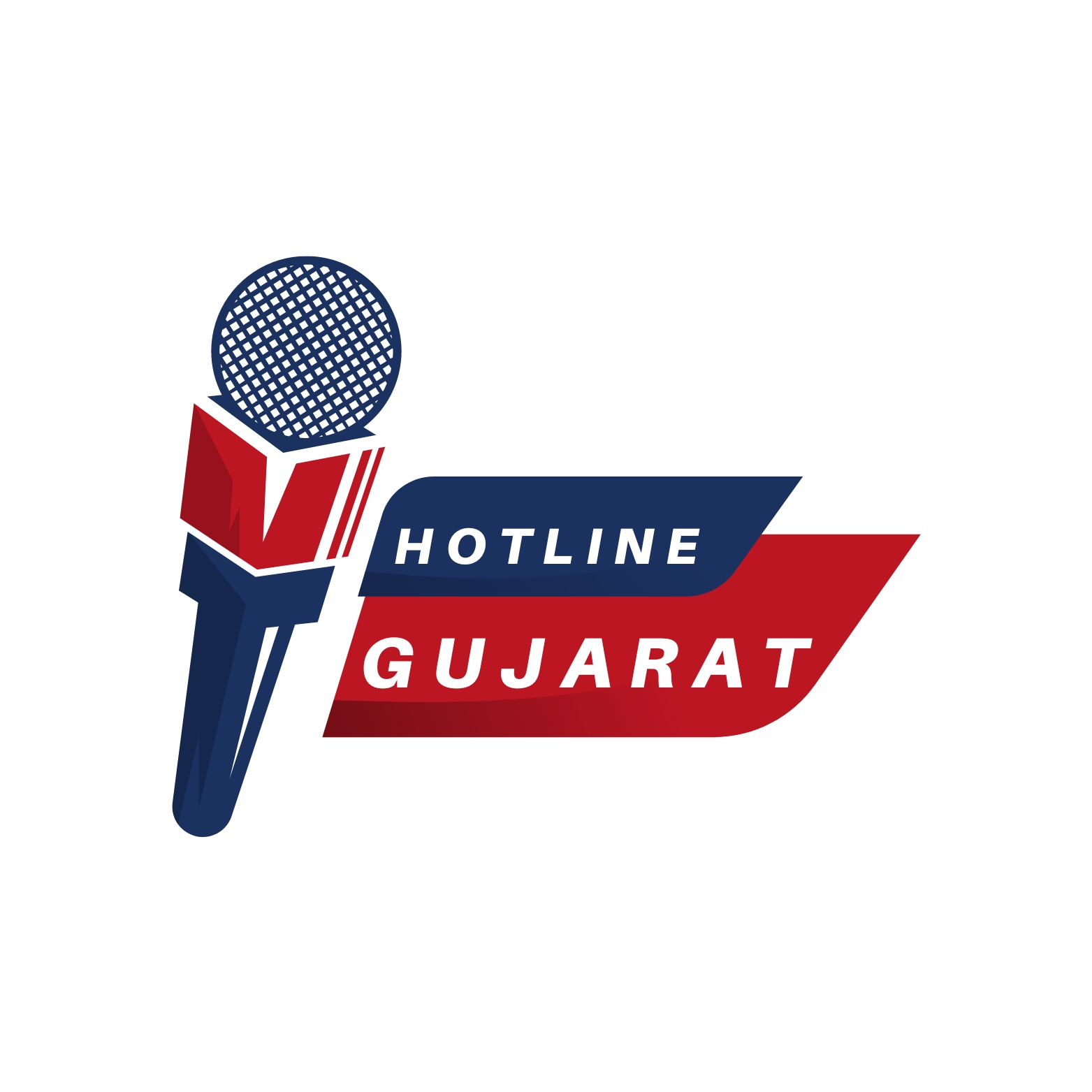Experts urge the introduction of scientifically proven alternatives to reduce Gujarat’s high tobacco use amidst India’s ongoing public health battle
Gujarat, Ahmedabad 30 September, 2024: Despite its status as one of India’s most progressive states, Gujarat is grappling with alarming tobacco use rates. According to the National Family Health Survey-5 (NFHS-5), 41.1% of men aged 15 years and above in Gujarat use some form of tobacco, contributing to the nation’s ongoing public health crisis. Nationwide, tobacco remains a significant problem, with an estimated 267 million adults — approximately 29% of the adult population—engaging in tobacco consumption, as reported by the Global Adult Tobacco Survey India (GATS), 2016-17.
Dr. Dharit Shah, a leading Consultant Pulmonologist at HCG Hospital, Mithakhali, Ahmedabad, emphasizes the urgency of the situation, saying, “In Gujarat, 41.1% of men aged 15 years and above use tobacco, reflecting a significant health concern. With 267 million adults using tobacco in India, as per the Global Adult Tobacco Survey India, 2016-17, it is essential to update our cessation policies. These policies should include scientifically validated alternatives for serious smokers. Allowing such alternatives will help those willing to quit but struggling due to the lack of options. Drawing from global success stories in Japan, Sweden, the UK, and the USA, and expert consultations, we can introduce safer alternatives like HTP to combat addiction effectively.”
The data paints a worrisome picture for the region and highlights the need for immediate action. Public health experts are now calling for robust measures to curb this addiction, focusing on policy reform. Drawing lessons from countries such as Japan, Sweden, the UK, and the USA, where the introduction of harm-reduction strategies has proven effective, experts suggest India should adopt a more nuanced approach.
Dr. Pawan Gupta, a Senior Consultant in Pulmonary Medicine at BLK-MAX Super Speciality Hospital, New Delhi, adds, “The challenges posed by tobacco use are manifold, not just in terms of direct health impacts but also concerning economic repercussions. The high prevalence, especially in states like Gujarat, necessitates immediate focus on preventive strategies and education, particularly targeting the youth. Comprehensive cessation programs that incorporate safer novel alternatives and robust support systems can make a substantial difference.”
India is facing a critical issue with tobacco use, particularly in regions like Gujarat where smoking rates remain high, especially among men. To address this, tailored strategies that consider local populations and cultural norms are crucial. Engaging community leaders and fact-based education campaigns can significantly reduce consumption rates.
Tobacco-related illnesses claim approximately 1.35 million lives annually in India, putting immense pressure on public health resources. Proactive measures are essential, and policymakers play a vital role in enacting meaningful tobacco control reform. Aligning public health initiatives with community awareness and scientifically-backed safer alternatives can help combat ingrained tobacco culture.
In light of these findings, it becomes imperative for stakeholders—from healthcare providers to the government—to collaborate in crafting effective policies. As Ahmedabad grapples with its alarming tobacco use statistics, the time for action is now. Together, let’s combat this crisis before it escalates further, safeguarding the health and well-being of future generations.

